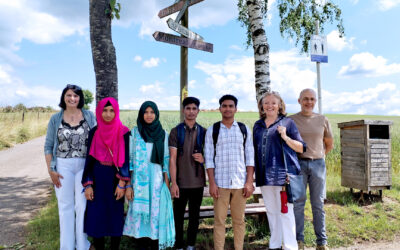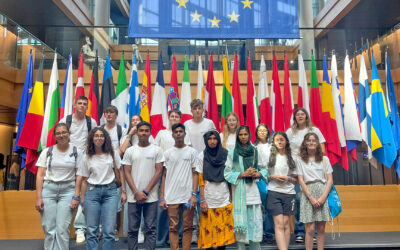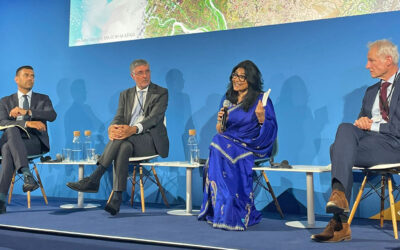‘We cannot solve all the problems in this world. But this is a problem that we all can’
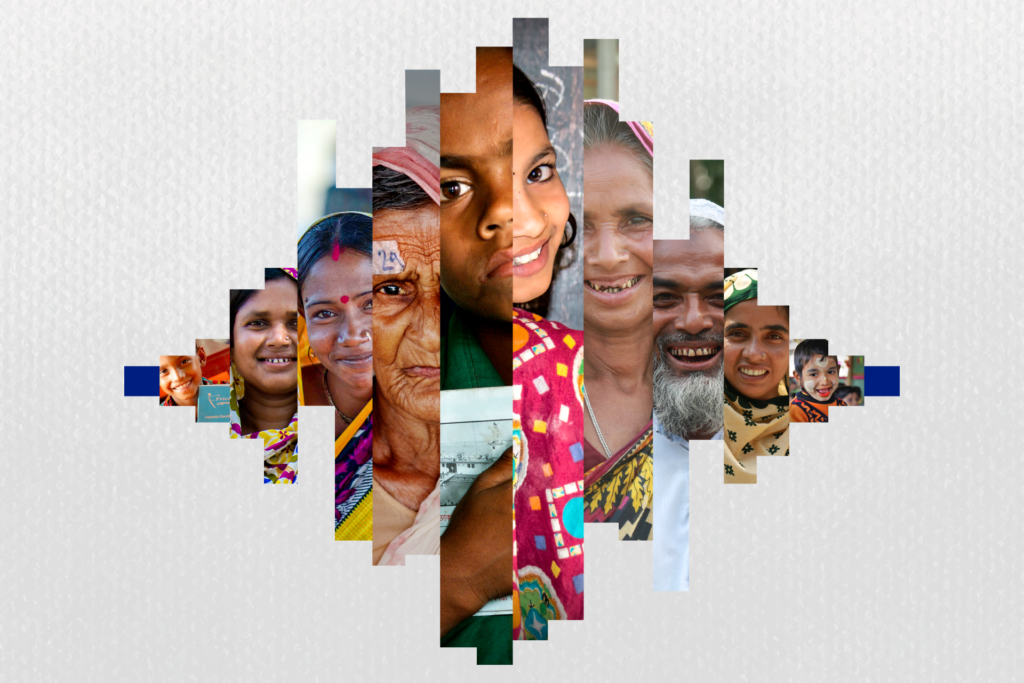
FRIENDSHIP NEWS DESK
November 10, 2021
Why is it that we treat people differently based on what they do? Why do we assign a lower status to a janitor or a rickshaw puller? From an early age, Tasin Shahriar Eric, a student of Bir Shreshtho Noor Mohammmad Public School, had already noticed the impact of dignity on society, and the inequities resulting from a failure to value people as equal. Tasin and other students from middle and high schools around Bangladesh, as well as professionals and activists posed uncomfortable questions much like these at a national event marking Global Dignity Day.
Friendship facilitates Global Dignity workshops and an annual event; however, in the context of the global pandemic, it was held online this year. Joining hundreds of thousands of people around the world, Friendship celebrated the day with the conviction that dignity is more powerful and important than any material or economic commodity.
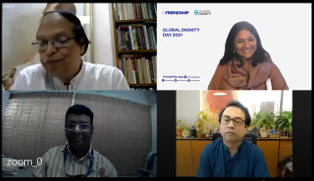
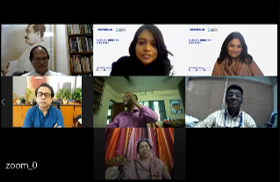
Zafar Sobhan, editor of the Dhaka Tribune newspaper said that, despite having advanced economically at an admirable rate, there remains “a huge deficit of decency and dignity” in our country. He went on: “we cannot solve all the problems in this world. But this is a problem that we as individuals, every one of us, [can]. If you see a man or woman or child on the streets and they are asking for something, it’s possible that though you may not be in a [financial] position to do so at the time, what you can always do is to treat them with dignity.”
The dignity of poor people is trampled upon most frequently, but that is not the only form of prejudice. Anonnya Banik, president of the Shadakalo Hijra Unnoyon Songothon decried the unfortunate and demeaning daily experiences of “third-gender” citizens in Bangladesh, the official nomenclature given to the oft-marginalised trans-community. “Like every man and woman, we also have rights, and we have self-respect; and it is the duty of the state and society and also that of my neighbour, and that of every person at this event, to ensure our dignity,” she said. “When I receive respect from the state, society, relatives and neighbours; only then I will be able to respect them in turn, and this will allow us to bridge the gulf that exists between us and society.”

Often, the best of intentions can still hurt the dignity of others. Nazmus Sakib, who is visually impaired himself and an inclusion officer at the Centre for Disability in Development shared the experience of another visually-impaired friend. This person was waiting at a bus stop, when a stranger randomly placed money in his hand, assuming he was begging. “We often grievously neglect the dignity of disabled people,” he said.
This is something particularly relevant to the development sector. “I urge our staff to be very careful,” said Friendship founder and executive director Runa Khan at the event. “You are giving a bag of rice to a person standing in line for it, but if you take away their dignity while you do, then you are taking away more than you are giving.”
When founding Friendship 20 years ago, in an effort to bring vital services to some of the poorest communities on the planet, Runa felt strongly that three things were needed above all else, in order to make a real difference: opportunity, dignity and hope. “For every life, we touch, we should be able to give them these things.”
“These values, are deeply embedded in every human being. But if we don’t, in our daily lives, ensure that we are aware of it, it slips to the back of the head and we forget. This must not happen. Not to the children, and not when we are serving the communities,” she said.

